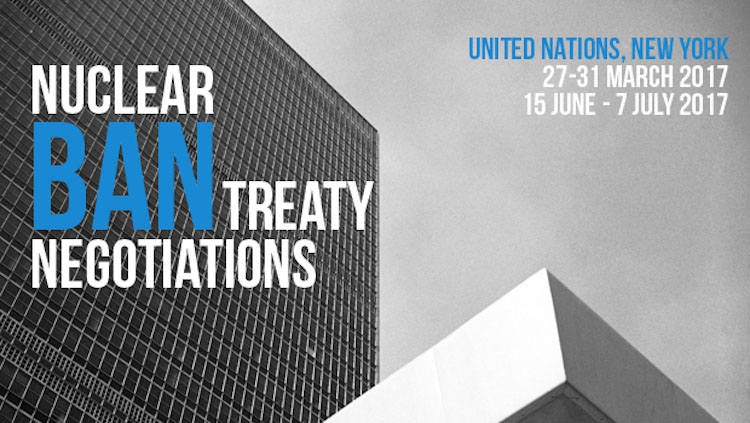By Kester Kenn Klomegah*
MOSCOW (IDN) — While Mozambican President Filipe Nyusi and his Government struggle with strategic plans, with the possible engagement of the southern African regional group and funding assistance from the United States and the European Union, to enforce nation-wide security, kidnapping of foreign business representatives has become common in Mozambique.
Significant to recall that in April, Agostinho Vuma, President of the Confederation of Economic Associations (CTA), vehemently and in uncertain terms deplored kidnappings of businesspeople and their relatives—another crime, in addition to frequent militant attacks that are already hindering investment and gives an image of an unstable Mozambique.
Several media reports have reported about frequent kidnapping of foreigners, mostly businessmen. Early May, Mozambican police rescued a businessman who had been kidnapped in Beira, Sofala central province. “Due diligence culminated in the rescue of the victim. The two suspects are being held and two more are still on the run,” Daniel Macuacua, Spokesman for the Provincial Command of the Police of the Republic of Mozambique (PRM) in Sofala, told a press conference.
Xian Yao, a transport businessman, was kidnapped on his way out of a health clinic with several abrasions on his face that he said were caused by the kidnappers. The kidnappers asked for 25 million meticais for ransom—approximately €338,000. The man was taken in a car from the Maquinino area and was held captive in a rented residence in Bairro da Cerâmica, Beira city.
Mozambican Information Agency (AIM) reported in its latest report that there was definitive proof of the involvement of Mozambican policemen in the kidnappings of businessmen in the country’s main cities. It said that already five members of a kidnap gang detained, and two of them turned out to work for the police. The five were detained in connection with the abduction of a 31-year-old businessman of Indian origin, Kapil Rajas on June 14.
Rajas was kidnapped at his workplace and taken to a house in the Maputo neighbourhood of Mahotas, which the criminals had turned into a prison. The gang demanded that the victim’s family pay a ransom of US$600,000 for his release.
Later in the day, the police picked up two other people, both Indian citizens, believed to be the men who had ordered the kidnapping. The Mozambicans were named as A.P da Silva, A.B. Chivombo and E.R Matola, and the Indians as V. Datwani and R. Koliyot, AIM reported.
Dewa Mavhinga, the Southern Africa director with the Africa Division at Human Rights Watch, also spoke about human rights violations that included frequent kidnappings. Mavhinga says the government needs to take responsibility for its own policy failures. While militants have committed grievous acts—including kidnappings, rapes and—rights groups have also documented abuses by Mozambican security forces, including torture and extrajudicial killings.
In April for instance, expert discussions via a videoconference held by the Centre for Strategic and International Studies (CSIS) of the United States called on President Filipe Nyusi to make consistent efforts toward addressing the systemic governance deficit, deepening political discontent, and widening socio-economic disparity is the surest possible way to maintain a long-term peaceful environment in Mozambique.
The participants further noted that the Mozambican government has largely failed with its security policy and ignored experts’ advice on security after several warnings issued after militant bloody attacks in 2017 by a group known locally as al-Shabab. Several experts have also attributed attacks to governance deficit and disparity in development in northern Mozambique.
President of the African Development Bank Group (AfDB), Dr. Akinwumi Adesina, says insecurity is seriously affecting the investment and urgent steps need to be taken to arrest the situation throughout Africa.
Addressing Heads of State of the Economic Community of West African States (ECOWAS) at their 59th ordinary session on June 19 at the Kempinski Hotel in Accra, Adesina, said the rapidly deteriorating security situation on the continent needs immediate attention, referring to the southern African country Mozambique.
“The investable space in Africa is rapidly shrinking due to insecurity. Take the case of Mozambique, where the African Development Bank helped to structure a US$24 billion deal for its liquified natural gas project. This transaction won the global deal project of the year 2020 award. This would have made Mozambique the third-largest producer of liquified natural gas in the world with projected revenues of 66 billion dollars. Insecurity would become a huge risk to our dream of an African Continental Free Trade Area (AfCFTA),” the AfDB boss added.
The first large-scale insurgency broke out in Mozambique’s northeast in 2017. Since then, the rebels have stepped up attacks. The latest March 24 heinous attack left more than 2,800 deaths, according to several reports, and about 714,000 people displaced, according to government sources.
With an approximate population of 30 million, Mozambique is endowed with rich and extensive natural resources but remains one of the poorest and most underdeveloped countries in the world. It is one of the 16 countries, with a collective responsibility to promote socio-economic and political and security cooperation, within the Southern African Development Community (SADC) created in 1980. [IDN-InDepthNews – 03 July 2021]
* Kester Kenn Klomegah is a frequent and passionate contributor to IDN. During his professional career as a researcher specialising in Russia-Africa policy, which spans nearly two decades, he has been detained and questioned several times by federal security services for reporting facts. Most of his well-resourced articles are reprinted in a number of reputable foreign media.
Photo source: africanews.com
IDN is the flagship agency of the Non-profit International Press Syndicate.
Visit us on Facebook and Twitter
This article is published under the Creative Commons Attribution 4.0 International licence. You are free to share, remix, tweak and build upon it non-commercially. Please give due credit.

